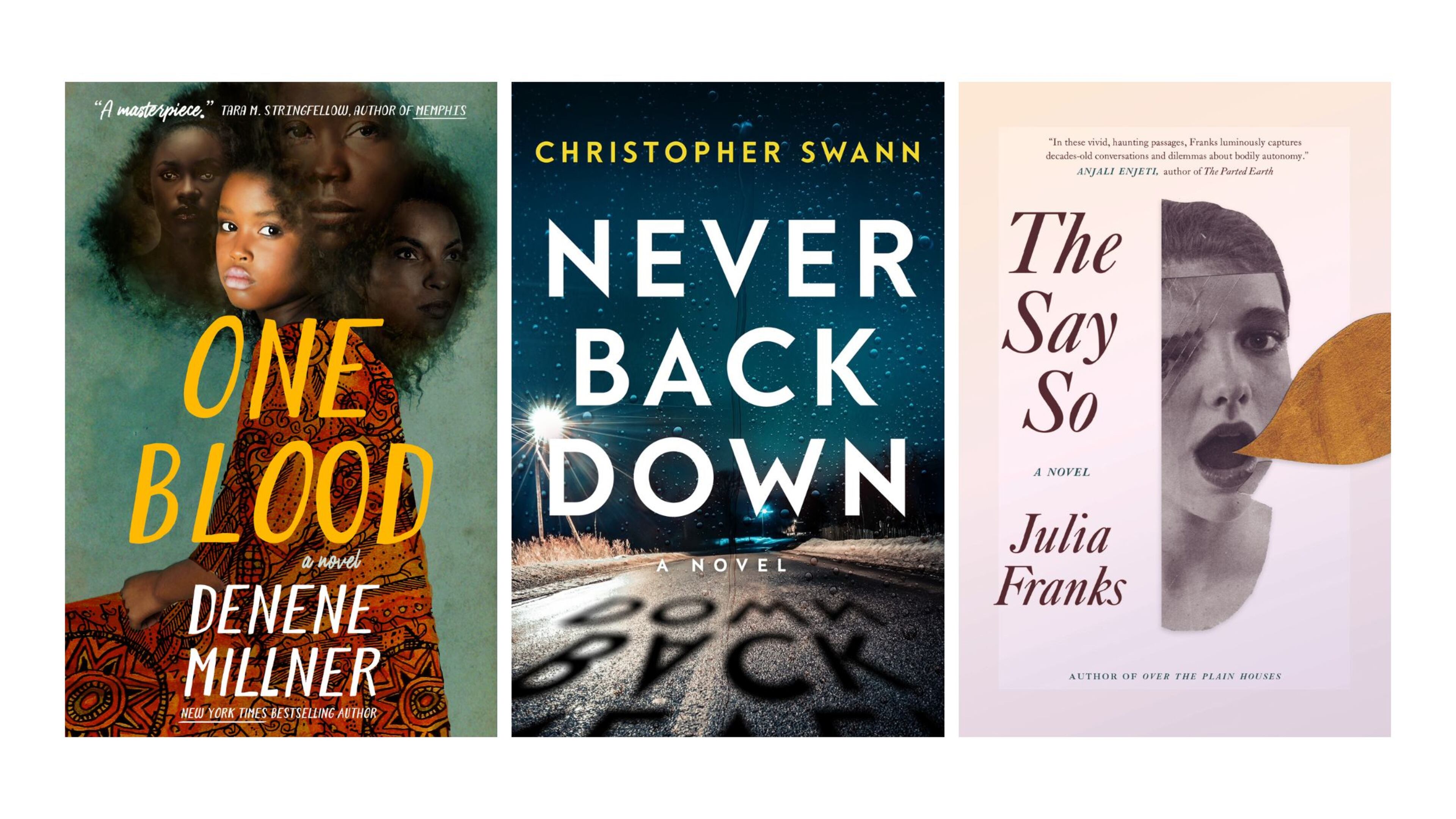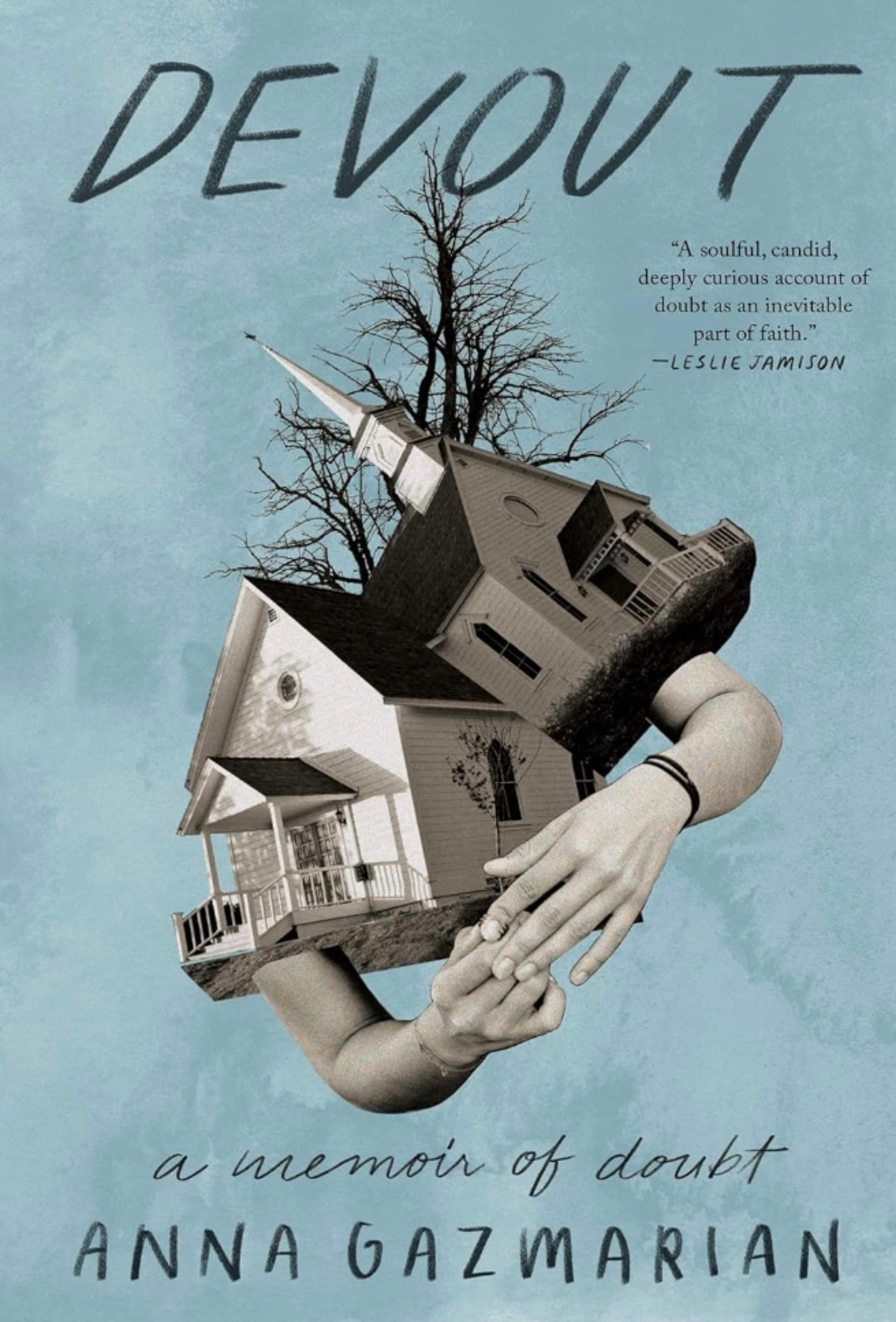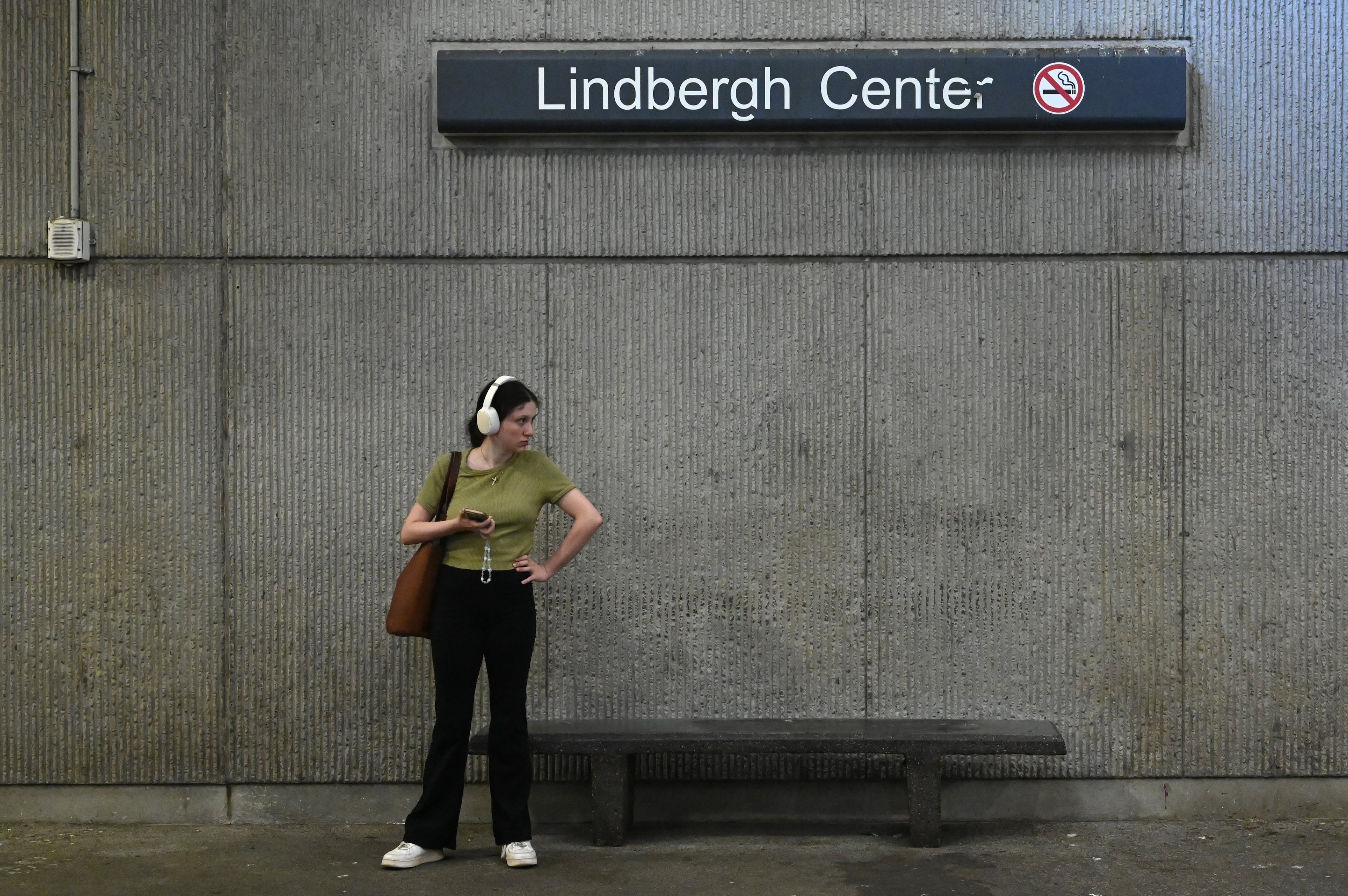Bookshelf: Georgia Author of the Year names nominees for 2024 prize

This week’s Bookshelf features a big announcement from the Georgia Author of the Year Awards and a mini-review of a memoir about a woman whose faith is tested when she is diagnosed with bipolar disorder.
GAYA noms are in. Organizers of the Georgia Author of the Year Awards (GAYA) have announced 124 nominees in 13 categories for the 2024 prize. Presented annually by the Georgia Writers Association, the awards recognize traditionally or independently published books written in Georgia. Anyone can nominate a book, and the previous year’s winners select this year’s winners, which will be announced in June.
One of the most hotly contested categories combines the genres of literary fiction and short story collections and features 19 titles in competition. Among them are “One Blood” by Denene Millner, “The Say So” by Julia Franks, “Seven Islands of the Ocmulgee: River Stories” by Gordon Johnston and “Queen of Exiles” by Vanessa Riley.
Riley is also nominated for “Murder in Drury Lane” in the category of detective, mystery and science fiction. She’ll be competing against “Always Agnes” by Mickey Dubrow, “Murder at the Book Fair” by Lily Charles and “Never Back Down” by Christopher Swann, among others.
Fourteen books are competing for first novel, including “The Bystanders” by Dawn Major, “Red Clay Suzie” by Jeffrey Dale Lofton and “Secrets of Ash” by Josh Green.
Specialty book is the winner of the category with the most varied entries. Competitors include “Black on Black: On Our Resilience and Brilliance in America” by Daniel Black, “Let Me Say This: A Dolly Parton Poetry Anthology” edited by Julie E. Bloemeke and “Zucchini Love” by Cynthia Graubart, among others.
For a complete list of winners, go to authoroftheyear.org/2024-nominees.

Spiritual crisis. Anna Gazmarian grew up in North Carolina steeped in evangelical Christianity and was diagnosed with bipolar disorder her freshman year in college. In her new memoir “Devout” (Simon & Schuster, $27.99), she examines what happened when she was forced to reconcile her medical condition with her deep-seated belief — and the belief of those around her — that her illness was a moral failing on her part.
In Gazmarian’s world, behaviors are scrutinized for transgressions, and retribution is swift. After all, the principal at her Southern Baptist high school was fired for enjoying a glass of wine with his wife at a restaurant.
So when Gazmarian begins to open up about her diagnosis, she is met with blame for bringing it on herself and simple platitudes to “turn to God.”
“My depression was increasingly being treated as the result of not being able to feel gratitude in my life” or “choosing to look at the world through a negative lens,” she writes.
The book’s subtitle is “a memoir of doubt,” but in truth, Gazmarian doesn’t waver far from the core beliefs she grew up with. “Devout” does not pit science vs. spirituality or challenge readers to pick a side. Instead what it does is chronicle Gazmarian’s quest for mental stability and a middle ground where she can pursue treatment without shame and still be part of a religious community that doesn’t shun her.
“I needed someone to tell me that despair was also a function of faith, that even Jesus wept,” she writes.
For a book about a condition of highs and lows and the anguish it inflicts on the author, “Devout” contains very little emotion. This is a book written from the head more than the heart. It starts with the diagnosis, so we don’t see what led Gazmarian to the doctor in the first place. Instead, the narrative focuses on her treatments and her search for a spiritual home.
“Devout” offers no easy answers, but it does arrive at a turning point when Gazmarian takes a poetry class and learns to turn her pain into art.
“It took me years to realize that writing was my preferred way of praying,” she writes.
Suzanne Van Atten is a book critic and contributing editor for The Atlanta Journal-Constitution. To contact her, go to suzanne.vanatten@ajc.com.

